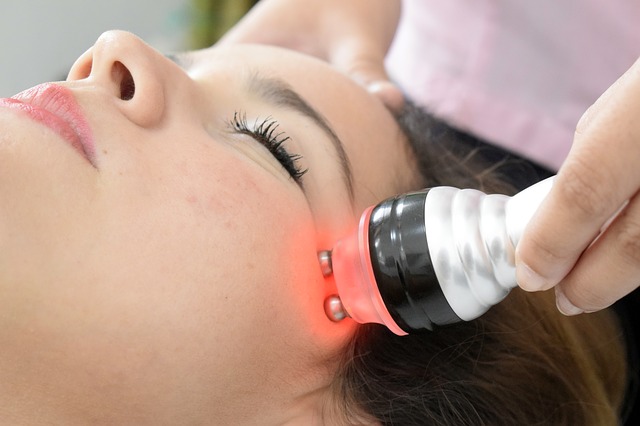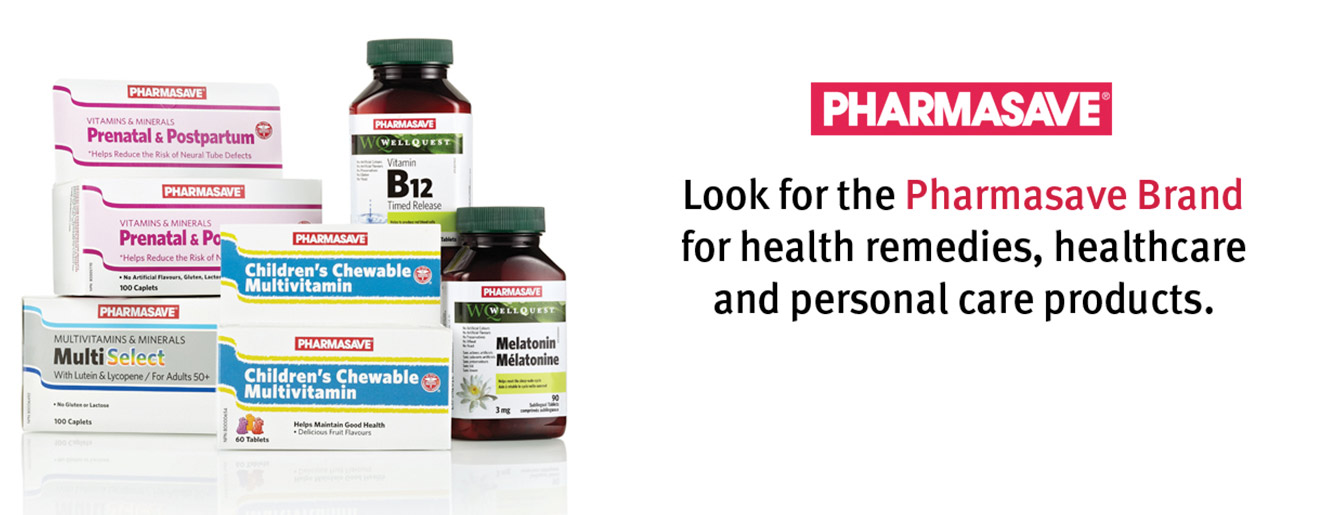
Skin Cancer
Skin cancer facts
Almost all skin cancers are preventable. However, it takes about 10 to 20 years or more for skin cancers to develop, which means that a cancer discovered in your 50’s may be due to sun exposure in your early 20s.
But even if you have missed on prevention, there is some good news: 95% of all skin cancers are curable with removal if they are found early enough. Most kinds of skin cancer are usually not metastatic. This means that, typically, skin cancers don’t spread to other parts of the body, and they are cured upon removal of the lesion.
Actinic keratoses are precancerous lesions that arise due to increased production of keratin (a tough, fibrous protein) in sun-exposed areas such as face, hands, neck and forearms. The number of lesions often increases with age. They arise due to repeated sun exposure and usually occur in people over the age of 40. About 2% of actinic keratoses can change into squamous cell carcinoma.
Squamous cell carcinoma lesions occur on the head, neck, and back of hands. 90% to 95% appear on sun-exposed areas. Upon surgical removal of the cancer, the person is usually cured. However, in some cases, it can spread to other organs in the body if not removed in time.
Over 90% of basal cell carcinomas occur in fair-skinned, blue-eyed individuals over the age of 40. The lesions form on sun-exposed areas such as the eyelids, bridge of the nose, hands, or forearms. They can be cured with topical chemotherapy, radiation, or surgery. Nearly 70% of non-melanoma skin cancers are basal cell carcinomas, and 30% are squamous cell carcinomas.
Malignant melanomas are more serious, as they can quickly spread to other organs in the body and can result in death, but they account for only 2% of all skin cancers. Every year, approximately 3,000 Canadians are afflicted with malignant melanoma, and 500 of these die as a result of it. This cancer can spread rapidly to other organs in the body through the blood and lymph (the almost clear fluid that bathes body tissues), and this is what can lead to death.
Ask Your Pharmacist
Q: What is a good sunscreen to use?
A: There are so many sunscreens out there, it can be confusing. You have many choices: lotion, gel, spray, creams, sticks, and others. Which do you choose? As long as you choose a sunscreen that is water-resistant with broad-spectrum protection and an SPF of at least 30, the rest is most often dependent on personal preference. For information about the difference between chemical sunscreens and physical “blocker” sunscreens, and which options are most appropriate for children, please speak to your pharmacist.
Do you have a question? Don’t hesitate to ask your Live Well Pharmacist.
Health Tip
Eating lots of fruits and vegetables can help decrease your risk of cancer. Get at least 7 to 10 servings of fruits and vegetables daily, and try to include at least one dark green and one orange vegetable each day.
All material © 1996-2013 MediResource Inc. Terms and conditions of use. The contents herein are for informational purposes only. Always seek the advice of your physician or other qualified health provider with any questions you may have regarding a medical condition.

